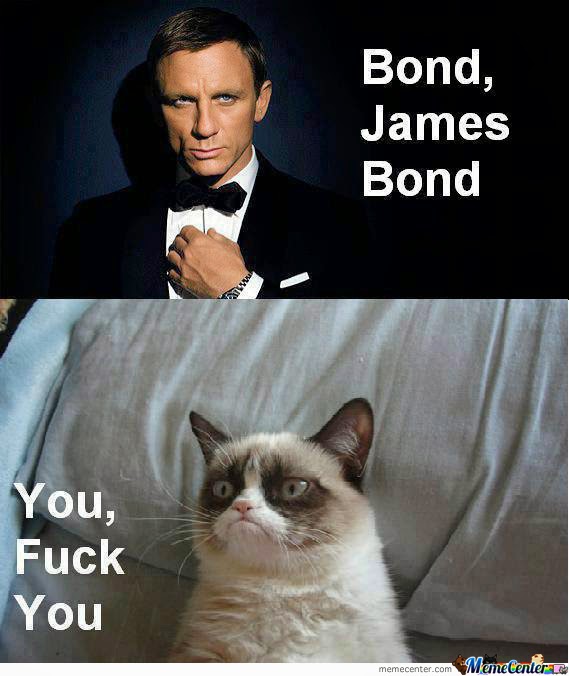Some links before getting underway today. Norma wrote about her mind wandering. Yesterday having had been a Friday, Parsnip had a Square Dog Friday. Cheryl had a look at winter in her area. Lynn had snow birds. Mark paid tribute to the subject of today's blog. And the Whisk had a Friday Question.
“My parents came to the US as immigrants, aliens, and became
citizens. I was born in Boston, a citizen, went to Los Angeles, and became an
alien.” ~ Leonard Nimoy
“Spock, do you want to know something? Everybody’s human.” ~
James Kirk
“I find that remark… insulting.” ~ Spock
“If I were human, I believe my response would be ‘go to hell.’
If I were human.” ~ Spock
“I think it’s my adventure, my trip, my journey, and I guess
my attitude is, let the chips fall where they may.” ~ Leonard Nimoy
The world seems a bit less bright today. The passing of a
sci-fi legend has that effect. Leonard Nimoy has passed away at home after
dealing with chronic obstructive pulmonary disease. He was eighty three, a good
age and a mark of a life well lived. An actor and a director, he will be
forever linked to a single character and a franchise: Mr. Spock, and Star Trek.
Nimoy came from outsider roots, born in Boston, the son of
Russian Orthodox Jewish immigrants. Perhaps that was fitting for the eventual
role. He was an actor getting steady parts in a variety of roles when Gene
Roddenberry came calling for his series, essentially a pioneer tale set among
the stars. Playing the alien was something he wasn’t quite certain of, and in
fact he would spend a good deal of his career trying to come to terms with the
fame that Spock gave him, and how closely tied it was to his life. The
character, a human-Vulcan hybrid, was an outsider, the lone Vulcan in a crew
consisting mostly of humans. Spock’s unlikely friendship with Captain Kirk,
played by William Shatner, was the bedrock of the series, the two characters
vastly different and yet completely in sync with each other (Spock’s regular
tendency to annoy Doctor McCoy was another factor in that). He was a contrast
to his castmates, his character being a logical figure with a detached, rational
world view. And not much of a sense of humour.
The original series ran for three seasons, but found fresh
life in syndication, giving the cast an enduring legacy. It would spawn movies,
more television series, and a wealth of books and other media. Nimoy would
return as Spock eight times in various films, directing the films twice, in the
case of Star Trek III: The Search For
Spock and Star Trek IV: The Voyage
Home. Among his other work, Nimoy would also direct Three Men And A Baby, the comedy about three bachelors suddenly
caught up with a baby in their midst, a film that would be hugely successful at
the box office and a favourite ever since. In the director's chair, he had a way of bringing out the humanity in the story. That certainly seems to fit with the man himself, who came across as someone of warmth, humour, and empathy.
It was Spock, though, that stuck with him. That sage of a
character, the quintessential outsider, seemed to strike a chord with many people,
even if they weren’t rabid Star Trek
fans. It got to him for a time- he wrote an autobiography in the mid Seventies
titled I Am Not Spock, but in time
that world view changed, and he seemed to have accepted the fame that came with
the character. He would say years later, “I admire him, I like him, and I
respect him. I would rather be identified with Spock than any other character
on television.” As time moved on, perhaps, it had become more obvious that Star Trek in general and Spock in
particular had transcended popular culture and became a classic. To be
remembered for such a role and such a character is, after all, a good thing.
I am struck by some of the reactions that I’ve seen on
social media. Astronaut Chris Hadfield tweeted yesterday “Leonard, you lived
long and prospered, and were an inspiration to me and to millions.” Jonathan
Frakes, another Star Trek alumni who
featured in The Next Generation as
Commander Riker, and directed films in the franchise as well, tweeted: “RIP to
the best First Officer.” George Takei noted, “Today the world lost a great man
and I lost a great friend. We return you now to the stars, Leonard. You taught
us to live long and prosper.” William Shatner had this to say: “I loved him
like a brother. We will all miss his humor, his talent, and his capacity to
love.”
It’s perhaps fitting to leave off with Leonard’s final
tweet, dated some days ago. He would have known time was short, and the words
strike me as someone who was at peace with that. They’re very wise. “A life is
like a garden. Perfect moments can be had, but not preserved, except in
memory.”
Rest in peace, Leonard. Thank you. You’ve touched more lives
than you know.





























































